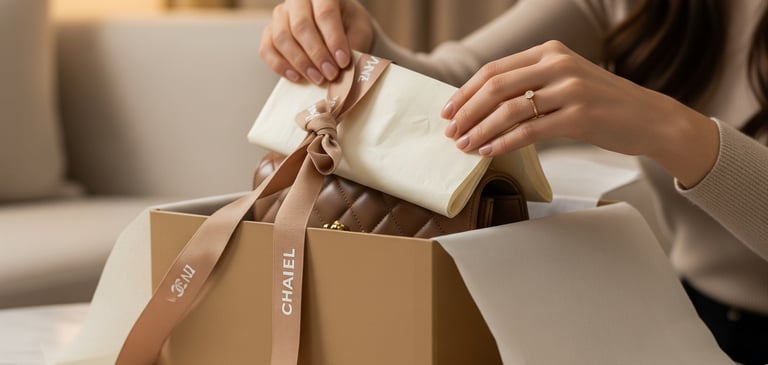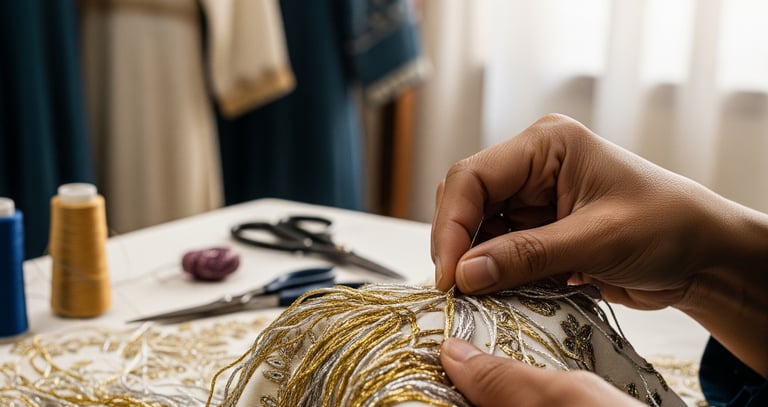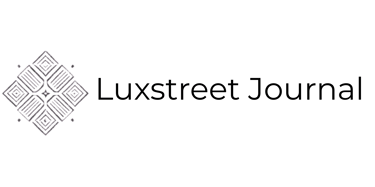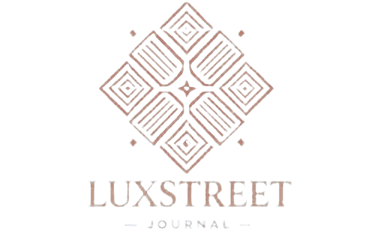Decoding the Psychology of Luxury – Why We Crave High Brands
Why do we desire that iconic logo, that signature scent, or that whispered name stitched into a label? In this editorial, LuxStreet Journal unpacks the emotional and psychological layers behind luxury—how status, identity, storytelling, and self-worth intertwine to make high-end brands irresistible. From dopamine-driven purchases to symbolic power, we explore why luxury is more than just price—it’s a promise. Because sometimes, a handbag is more than a handbag. It’s a mirror.
HOUSE OF ICONS
7/10/20254 min read
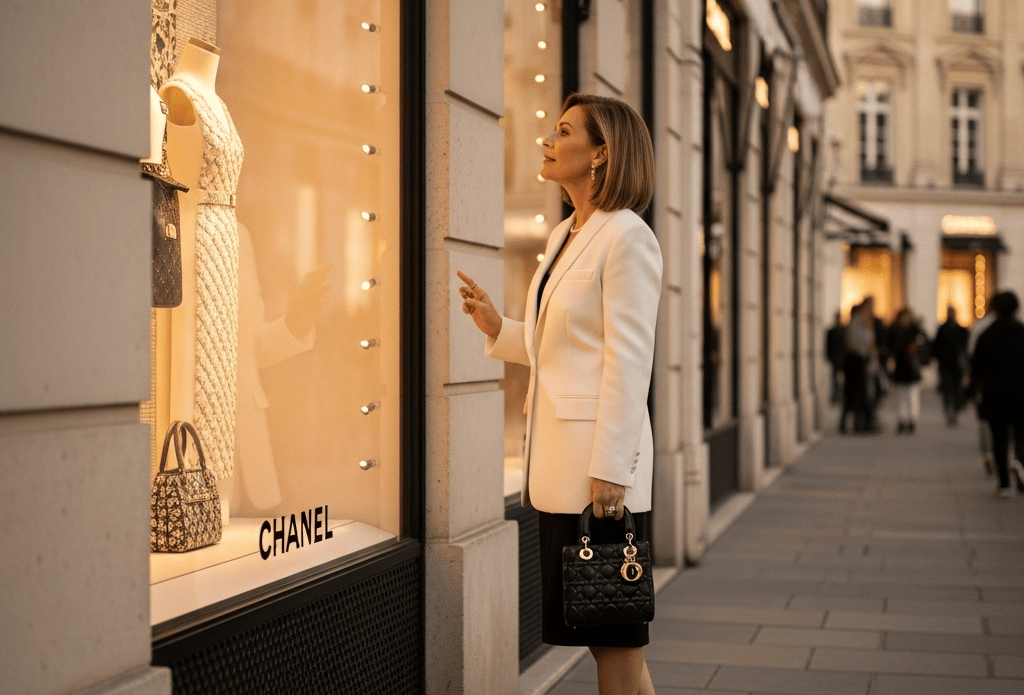

Decoding the Psychology of Luxury: Why We Crave High-End Brands
Luxury isn’t just about expensive products—it’s a carefully crafted experience that taps into our deepest psychological desires. From the thrill of exclusivity to the emotional high of making a designer purchase, high-end brands have mastered the art of making us want more. But what drives our obsession with luxury fashion, watches, cars, and handbags? Let’s break down the psychology behind our attraction to luxury.
The Science Behind Luxury Appeal
1. Dopamine & Emotional Shopping
Ever felt a rush of excitement after buying something luxurious? That’s dopamine, the brain’s “feel-good” chemical, at work. Luxury brands create an emotional shopping experience—whether it's the unboxing of a Chanel bag or the exhilaration of driving a new Ferrari—triggering a powerful chemical reaction that keeps us coming back.
2. Perceived Value – Why Does a $5,000 Bag Feel Worth It?
Luxury isn’t just about materials—it’s about perception. Studies show people associate higher prices with better quality, even if two products are nearly identical. A $5,000 Hermès bag isn’t just about leather; it represents craftsmanship, heritage, and the exclusivity that comes with owning it.
3. The Exclusivity Factor – Why Limited Editions Work
When a product is hard to get, it becomes more desirable. Waiting lists, made-to-order items, and limited drops create scarcity, elevating a luxury item’s status. Brands like Rolex and Hermès intentionally limit supply, making their products feel even more valuable.
Luxury as a Status Symbol
1. The "Lipstick Effect" – Why People Buy Luxury Even in Recessions
During economic downturns, luxury sales often stay strong. This phenomenon, known as the Lipstick Effect, suggests that while people cut back on big expenses, they still indulge in small luxuries (like a designer handbag or premium perfume) for a sense of comfort and indulgence.
2. Luxury as a Signal of Wealth & Prestige
Luxury brands serve as social markers. Carrying a Louis Vuitton bag or wearing Gucci sneakers isn’t just about fashion—it’s about sending a message. Studies show that people perceive those who wear luxury brands as more successful, confident, and influential.
3. Brand Loyalty – Why We Stick to Our Favorite Luxury Brands
Luxury brands sell more than just products; they sell aspirations. Once consumers identify with a brand, it becomes part of their personal identity. This explains why some people exclusively wear Rolex or drive Mercedes-Benz—it’s a lifestyle choice, not just a purchase.
Luxury vs. Premium – What’s the Difference?
Not all expensive brands are luxury. There’s a distinction between premium and luxury:
Premium Brands (e.g., Apple, Mercedes-Benz, Hugo Boss): High-quality but mass-produced, available to a broader audience.
Luxury Brands (e.g., Rolls-Royce, Patek Philippe, Hermès): Ultra-exclusive, handcrafted, and often require long wait times.
Luxury brands justify their prestige through heritage and storytelling, reinforcing their exclusivity in ways premium brands don’t.
The Power of Subconscious Branding
1. Why Luxury Stores Smell a Certain Way (Scent Marketing)
Ever noticed how Louis Vuitton, Chanel, or Dior stores have a distinct fragrance? This is scent marketing—luxury brands use custom fragrances to create emotional connections and memory associations with their brand.
2. The Luxury Packaging & Unboxing Experience
Unboxing a luxury item is a ritual—the weight of the box, the ribbon, the silk dust bag—all add to the perceived value. That’s why brands invest heavily in packaging; it heightens the emotional connection to the purchase.
3. Personalized Experiences – Why Luxury Feels Special
Luxury isn’t just about the product—it’s about the experience. Brands elevate this through:
Private shopping appointments at Chanel
Exclusive concierge services at Louis Vuitton
Handwritten thank-you notes from Hermès
These touches create emotional connections, reinforcing the brand’s exclusivity and customer loyalty.
Luxury Marketing Tricks That Keep Us Hooked
1. Celebrity Endorsements & Brand Ambassadors
Luxury brands align themselves with A-list celebrities to reinforce aspiration. Seeing Zendaya in a Bulgari campaign or Cristiano Ronaldo wearing a Rolex makes customers want a piece of that lifestyle.
2. Scarcity & FOMO – The Power of "Limited Drops"
When brands release limited-edition items, they trigger urgency. Supreme, Louis Vuitton, and even Nike use this strategy to drive instant demand and exclusivity.
3. "If You Know, You Know" Branding (Quiet Luxury & Understated Wealth)
Some of the most powerful luxury brands avoid loud logos, instead relying on craftsmanship and exclusivity:
Bottega Veneta (no visible logo, just exquisite design)
Loro Piana (ultra-expensive, but only recognized by those in the know)
Brunello Cucinelli (quiet luxury at its finest)
This branding style appeals to ultra-wealthy consumers who don’t need logos to showcase their status.
Final Thoughts – Why Luxury Keeps Us Hooked
Luxury is more than fashion, watches, or cars—it’s deeply psychological. It taps into our emotions, social aspirations, and status-driven desires. Whether it’s the thrill of exclusivity, the prestige of craftsmanship, or the power of branding, luxury keeps us coming back for more.
Next time you crave a luxury item, ask yourself: Is it the product I want—or the feeling it gives me?
